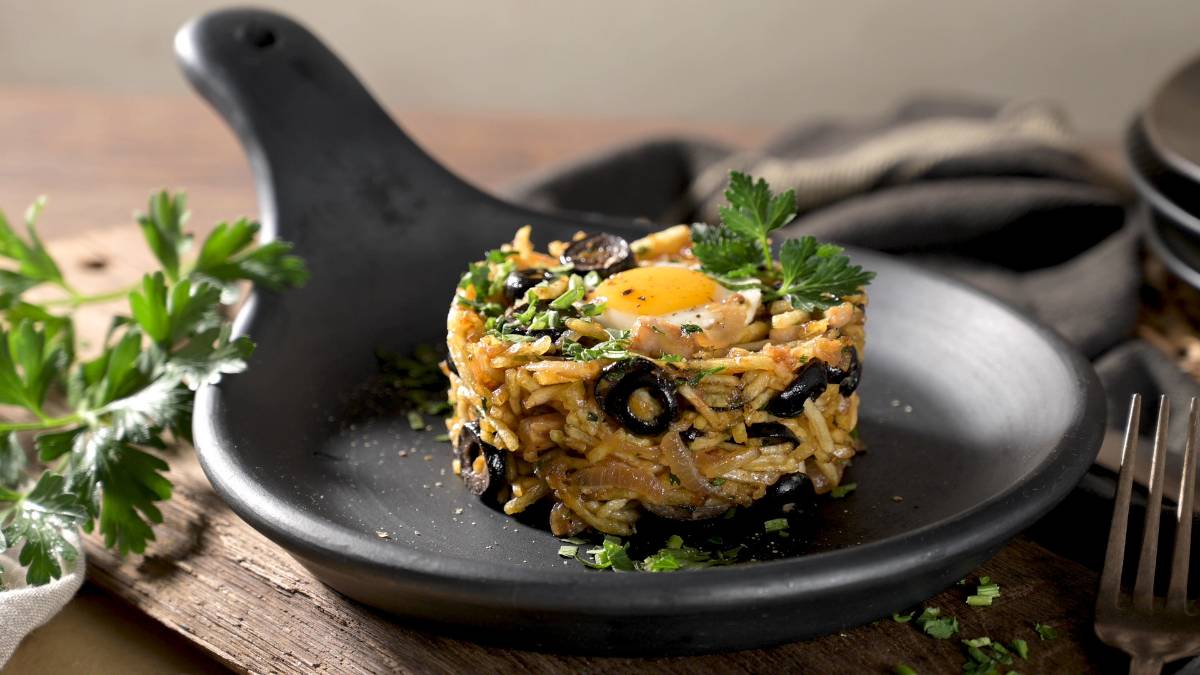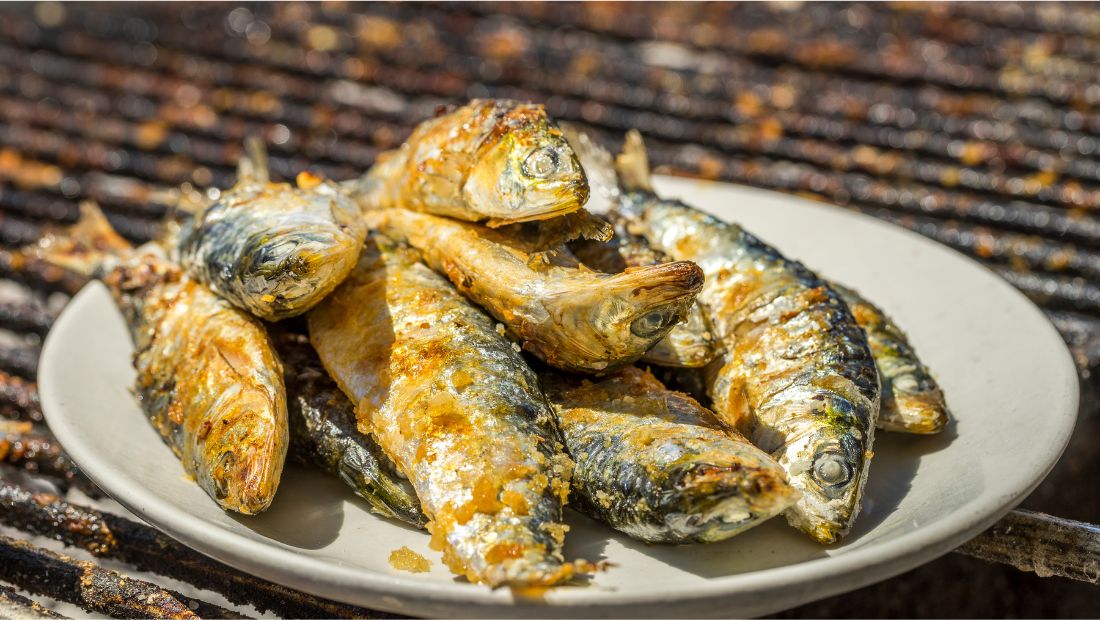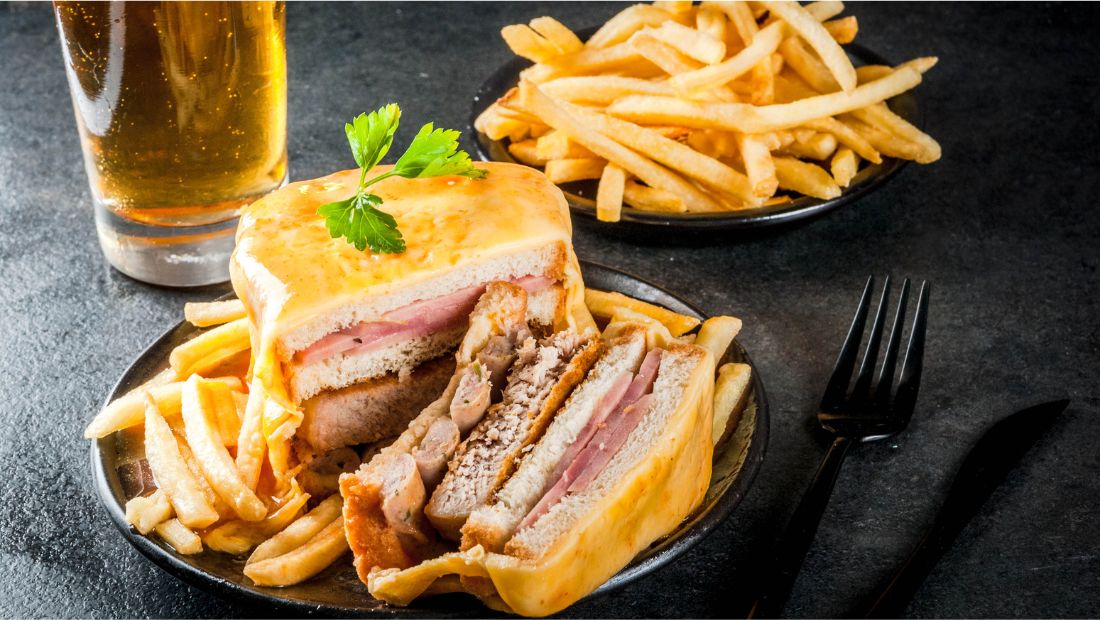
Discovering Portugal's Most Delicious Dishes
Portugal, a country known for its rich history and diverse culture, offers a culinary landscape as vibrant as its past.
Its cuisine, a delightful blend of flavors and traditions, is a testament to the country's storied heritage.
From the hearty stews of the north to the fresh seafood of the Algarve, Portuguese food is a gastronomic journey waiting to be discovered.
In this article, we will explore Portugal's most delicious dishes, providing a taste of the country's culinary soul.
Whether you're an expat looking to immerse yourself in Portuguese culture or a food enthusiast eager to try new cuisines, this guide is for you.
Join us as we delve into the world of Portuguese cuisine, a world where every dish tells a story.
The Rich Tapestry of Portuguese Cuisine
Portuguese cuisine reflects the country's rich history and cultural diversity. It's a culinary tapestry woven with influences from the Age of Discoveries, when explorers brought back spices and ingredients from around the world.
Seafood plays a significant role in Portuguese dishes, thanks to Portugal's extensive coastline. From the national dish of Bacalhau to the popular sardines, the country's cuisine is a testament to its deep connection with the sea.
Bacalhau, or codfish, is often referred to as Portugal's national dish. This versatile fish can be prepared in hundreds of ways, each recipe offering a unique taste experience.
Whether it's Bacalhau à Brás, a delightful mix of cod, potatoes, and eggs, or Bacalhau com Natas, a creamy codfish casserole, this beloved ingredient is a staple in Portuguese households.
Sardines are another seafood favorite in Portugal, especially during the summer months. Grilled to perfection over hot coals, these small fish are a highlight of the popular Santo António festival in Lisbon.
The aroma of sardines grilling fills the air, drawing locals and tourists alike to the lively street parties. Paired with a glass of Vinho Verde, grilled sardines are a simple yet delicious representation of Portuguese food culture.

Olive oil is a cornerstone of Portuguese cuisine, used generously in cooking for its rich flavor and health benefits. It's a key ingredient in many dishes, from salads to stews, and is often served with bread as a simple appetizer.
Pork also plays a significant role in Portuguese food. Dishes like Leitão, a succulent roast suckling pig, and Carne de Porco à Alentejana, a hearty combination of pork and clams, showcase the versatility of this meat in traditional Portuguese meals.
Portuguese cuisine is renowned for its comforting soups and stews. Caldo Verde, a simple yet flavorful soup made with potatoes, kale, and chorizo, is a staple in many Portuguese homes.
Another popular dish is Cozido à Portuguesa, a hearty stew that combines a variety of meats with vegetables. This dish is a testament to the Portuguese love for slow-cooked meals that bring together family and friends.
Cheese is a significant part of Portuguese gastronomy. Queijo da Serra, a creamy sheep's milk cheese from the Serra da Estrela region, is a must-try for cheese lovers. Its rich, buttery flavor is a testament to the quality of Portuguese dairy products.
Portugal's sweet tooth is evident in its wide array of desserts, many of which are egg-based. This is a legacy of the country's conventual sweets tradition, where nuns and monks used egg yolks and sugar to create heavenly pastries.
No discussion of Portuguese food would be complete without mentioning Pastéis de Nata. These custard tarts are a beloved pastry in Portugal and a must-try for anyone visiting the country. The flaky crust, filled with a creamy custard and topped with a caramelized sugar crust, is a bite-sized wonder that perfectly encapsulates the sweetness of Portuguese cuisine.
Whether enjoyed as a breakfast treat or an afternoon snack, Pastéis de Nata are a testament to Portugal's culinary creativity. Their popularity has even spread beyond Portugal's borders, making them a global ambassador for Portuguese food.

In Portugal, dining is more than just a meal; it's a cultural experience. The Portuguese take great pride in their food and enjoy long, leisurely meals with family and friends. This communal aspect of eating is a cornerstone of Portuguese culture, with dishes often shared at the table.
Whether it's a Sunday family lunch or a festive celebration, Portuguese meals are a time for connection and camaraderie. The custom of starting a meal with a selection of petiscos (Portuguese tapas) and ending with a shot of Aguardente, a traditional Portuguese brandy, adds to the convivial atmosphere.
Portugal's culinary landscape is as diverse as its geography. From the seafood-rich dishes of the Algarve to the hearty meats of the north, each region has its unique flavors and specialties. This regional diversity is a testament to Portugal's rich cultural heritage and the influence of its varied landscapes on its cuisine.
In the Alentejo region, for example, bread-based dishes like Migas and Açorda are popular. Meanwhile, in Porto, the robust and flavorful Francesinha sandwich is a must-try. Understanding these regional specialties is key to fully appreciating Portuguese cuisine.

In recent years, contemporary Portuguese cuisine has gained recognition worldwide. Innovative chefs are reinventing traditional dishes, adding modern twists while preserving the essence of Portuguese gastronomy. This fusion of old and new is a testament to the dynamic nature of Portugal's culinary scene, making it an exciting time to explore Portuguese food.
